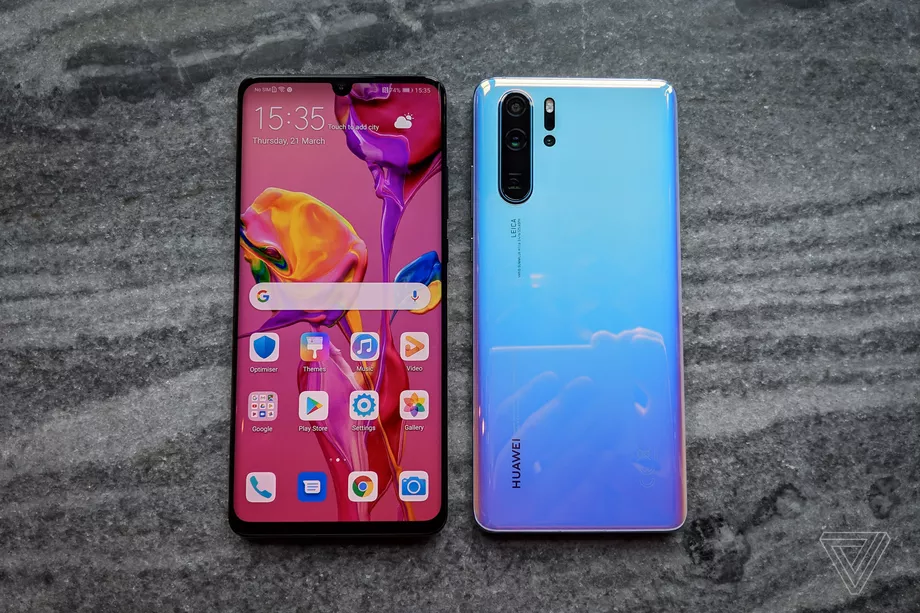FedEx refused to deliver a Huawei phone into the US

Image collected
If you were planning to ship a Huawei phone to America, you might be in for a surprise. This week, writers at PC Magazine tried to ship a Huawei P30 from a UK office to a US one, and were surprised to find it sent back a few days later. Since the sender had identified the phone down to the IMEI number, it was clear from the beginning that box contained a Huawei phone, but the package was actually shipped all the way from London to Indianapolis — from the UK’s Parcelforce to its US partner FedEx — until a legal issue emerged and the shipment was returned to the UK. According to the attached notice, the problem was a “US government issue with Huawei and China government.”
Crucially, there wasn’t a specific law referenced; the company simply decided it would rather not take on the trouble of figuring out if this was kosher or not. Always thorough in the face of confusion, the PC Magazine folks checked with UPS, too, who said it would be happy to accept such a shipment. They checked with Huawei, too, who said it was a complete misinterpretation of the US orders.
It’s easy to see how FedEx could get confused. The past few months have seen a flurry of overlapping restrictions on Huawei, often for conflicting reasons. The company has been quietly blacklisted by US carriers for some time, but is now explicitly banned from US networks and from partnering with US tech companies. None of that explicitly bars a UK national shipping a duly purchased phone to the US. But as often happens when corporations enforce law, FedEx seems to be using company policy to stay as far away from the issue as possible.
The frustrating thing about this is that there isn’t any clear purpose to it. None of the executive orders against Huawei have been aimed at making it harder to ship phones into the US. With no US carrier supporting the company, it’s already hard to get a Huawei phone onto a US network, so an executive order closing that loophole wouldn’t be worth the trouble. And for most of the actions so far, the justification has either been avoiding network vulnerabilities (i.e. Huawei cell towers in US networks) or avoiding technology transfer (i.e. US technology in Huawei phones). But neither of those quite applies here.
As a result, the logic of blocking the shipment of an individual phone is hard to follow. If you did want to start selling Huawei phones in the US, shipping individual units would be a pretty bad way to do it. A trickle of non-retail phones is hardly a threat to America’s network integrity, and cutting them off has real negative consequences. If you’re an Android or web developer trying to see your programs run on one of Europe’s most popular phones, you’re simply out of luck.
Source: https://www.theverge.com
Tags :
Previous Story
- Huawei prepares for 40%-60% fall in international smartphone...
- Bangladesh goes former China to become top rated...
- China RMG factories may shift to Bangladesh
- Facebook and Twitter removed thousands of Iran-linked fake...
- During late night storms, phone alerts are saving...
- The few places where you can still buy...
- Global tech companies keep of Huawei after US...
- Travellers in the US can now sleep in...